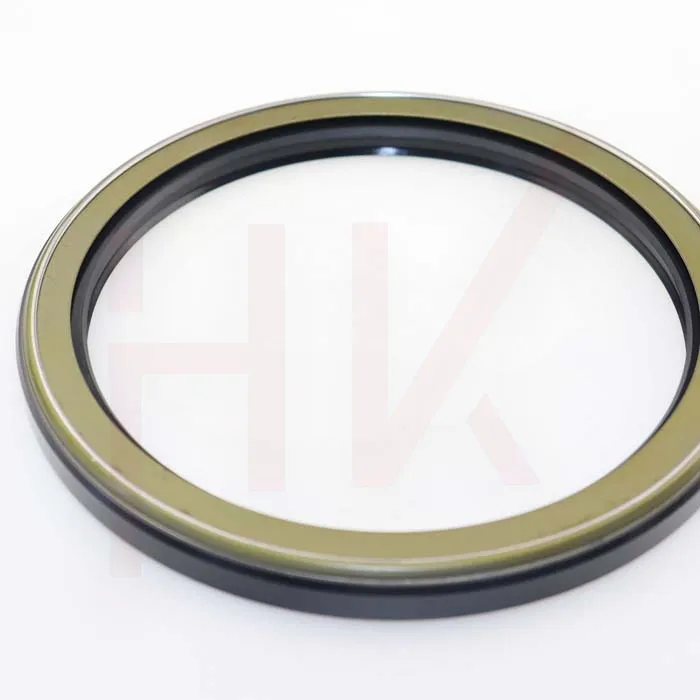Aug . 29, 2024 14:14 Back to list
High-Quality Oil Seals for Motors - Durable & Reliable Solutions
Understanding Oil Seals for Motors Essential Components for Longevity and Efficiency
Oil seals, often referred to as rotary shaft seals, play a critical role in the functionality and longevity of motors. These essential components are designed to retain lubrication while preventing the ingress of dirt, dust, and moisture. Proper sealing is vital for maintaining motor efficiency and reliability, as it directly affects the operation and lifespan of various mechanical parts.
Understanding Oil Seals for Motors Essential Components for Longevity and Efficiency
One of the significant advantages of oil seals is their ability to withstand a wide range of temperatures and pressures. This adaptability is crucial in motor applications, which often encounter harsh operating conditions. Depending on the specific requirements, oil seals can be made from various materials, including nitrile rubber (NBR), fluorocarbon (FKM), and silicone, each offering unique benefits such as chemical resistance or high-temperature stability.
oil seal for motor

The installation of an oil seal is another vital aspect that can influence its performance. It is essential to ensure that the seal is properly positioned and that the shaft is free from any damage or debris that could compromise the seal's functionality. Incorrect installation can lead to premature failure, resulting in costly repairs and downtime. Hence, employing proper techniques and tools, as well as adhering to manufacturer guidelines, is highly recommended during installation.
Regular maintenance and inspection can also prolong the life of oil seals. Checking for signs of wear, such as surface cracking or lip damage, can help identify potential issues before they escalate. In some cases, replacing oil seals at scheduled intervals can prevent unexpected motor failures and ensure continuous operation.
In automotive applications, oil seals are vital for preventing the leakage of engine oil, transmission fluid, and other critical fluids. For industrial motors, they help maintain lubrication for bearings, gears, and other moving parts, ultimately enhancing operational efficiency. Thus, investing in quality oil seals and adhering to proper maintenance protocols can lead to significant cost savings by minimizing repair needs and maximizing motor performance.
In conclusion, oil seals for motors are indispensable components that protect against leaks and contaminants, thereby sustaining the efficiency and longevity of motors. Their role in various applications, from automotive to industrial machinery, underscores the importance of understanding their features and maintenance needs. As technology advances, the development of even more resilient and efficient oil seal designs promises to further enhance motor performance in the years to come.
-
TCN Oil Seal Metal Ring Reinforcement for Heavy Machinery
NewsJul.25,2025
-
Rotary Lip Seal Spring-Loaded Design for High-Speed Applications
NewsJul.25,2025
-
Hydraulic Cylinder Seals Polyurethane Material for High-Impact Jobs
NewsJul.25,2025
-
High Pressure Oil Seal Polyurethane Coating Wear Resistance
NewsJul.25,2025
-
Dust Proof Seal Double Lip Design for Construction Equipment
NewsJul.25,2025
-
Hub Seal Polyurethane Wear Resistance in Agricultural Vehicles
NewsJul.25,2025
-
The Trans-formative Journey of Wheel Hub Oil Seals
NewsJun.06,2025
Products categories
















